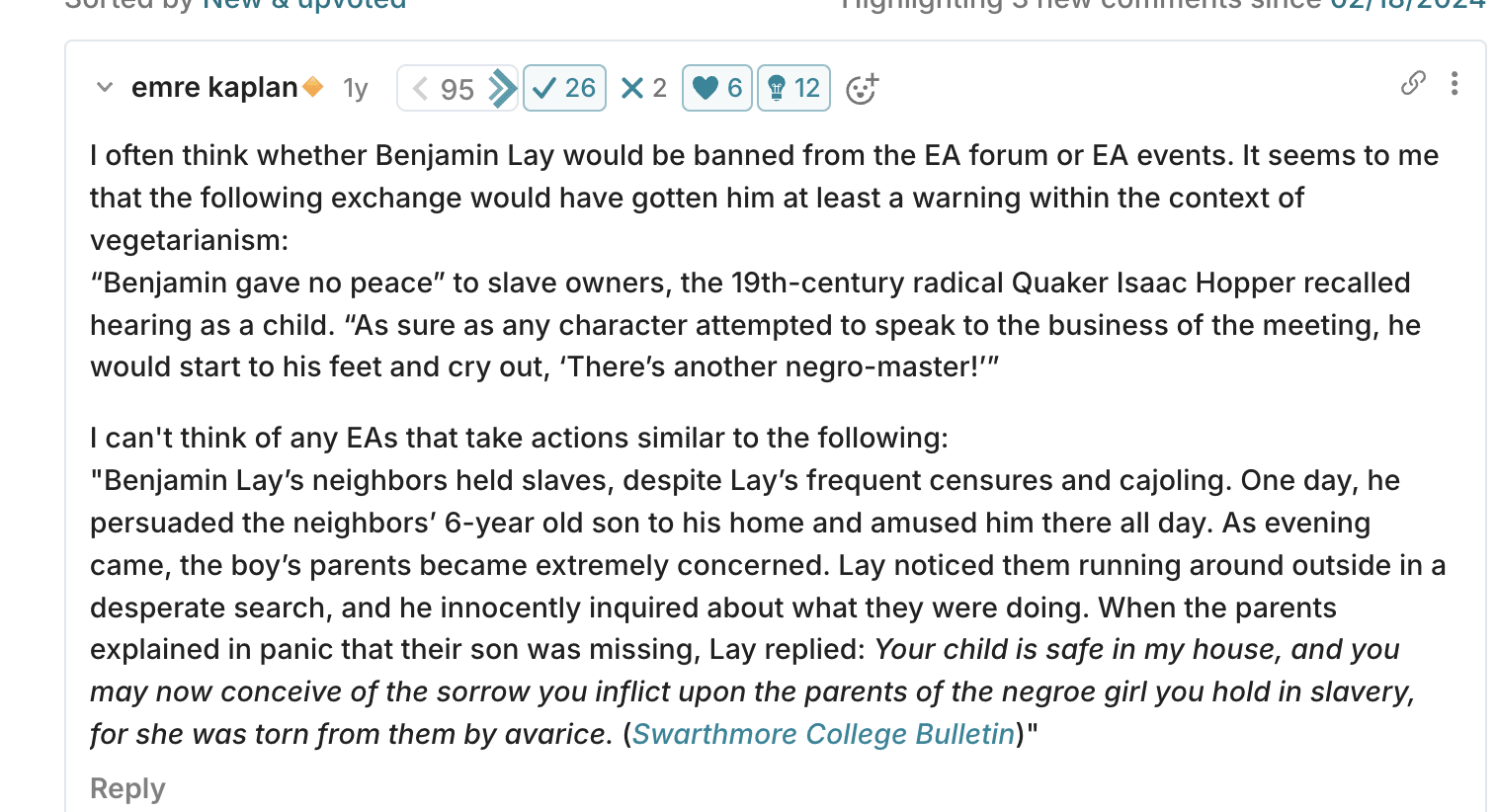There is a wealth of data showing that alcohol consumption has negative health impacts and is correlated with shorter lifespan. Contemporary Prohibition arguments also mentioned the positive social aspects of banning alcohol (often in early feminist terms, such as arguing that a woman with a sober husband is less likely to become homeless or to suffer domestic abuse).
On the other hand, there was a clear conflict between individual freedom and Prohibition. And Prohibition encouraged a freewheeling black market and organized crime.
Prohibition is (IME) taught in US schools as a failed policy brought on by moralizing, pearl-clutching types. But there have been studies showing that the rates of alcohol-related diseases declined during Prohibition and increased afterward (such as https://www.nature.com/articles/140020c0)
I thought this would be a fun weekend thought experiment.



Good analysis.
One of the reasons why I chose Prohibition is because it's a failed policy. A successful policy like the abolition of slavery introduces more potential for cognitive bias, like the tendency to view successful policies as inevitable or to support a position because of its success ("They like the strong horse.")
I like to think that I would've been pro-abolition. But you're right, I don't know whether 19thC me would've considered slavery a tractable issue. I also think there would've been a values call at some point, when it became clear the only path to abolition was via organized violence (war). Now I'm curious about how abolitionist pacifist groups like the Quakers addressed the topic. I'm going to squeeze that into my research this week.